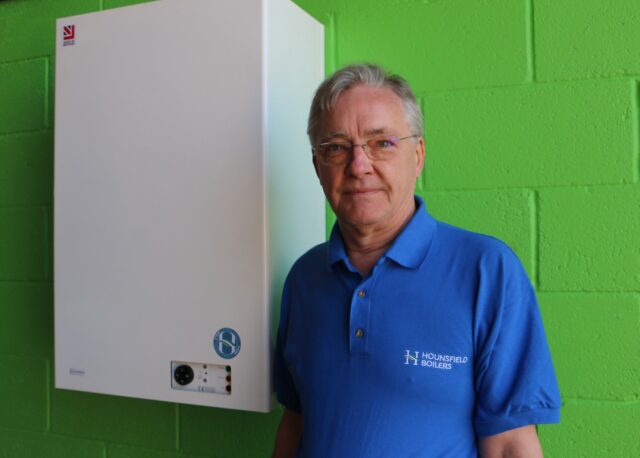The energy regulator Ofgem has today announced that its quarterly cap on household bills for average dual-fuel direct-debit customers will fall by around 23% for the three months from 1 April, from £4,279 for the January to March quarter to £3,280. Even though wholesale prices have fallen, the reduction of the Energy Price Guarantee offered by the government means that households will still face steep prices on their energy bills, as they’re set to rise by £500 annually per home.
However, contrary to common belief, this does not mean households won’t have to pay more than £3000 in energy bills. In reality, the energy price cap is not a ‘help yourself’ service but is contingent on how much energy is used per unit. Essentially, ‘use more, pay more’. Experts are predicting April’s rise in bills will result in the number of people who are unable to afford their bills to double, with campaigners urging the government to offer more support.
To this end, the nation’s leading sustainability and money-saving platform, SaveMoneyCutCarbon, continue to advise the nation on exactly how they can lower their energy consumption by making subtle but crucial changes to their everyday living.
In their recent national study, the sustainability superstore placed the future-facing intentions of Brits under the microscope, where they found that 66% of the nation agrees that they will introduce eco-behaviours if it means that they save money. The experience of ‘bill shock’ has permeated throughout the nation with unprecedented speed this year. Mark Sait, CEO and founder of SaveMoneyCutCarbon, argues that it is only once our bill shock threshold has passed that a change in our behaviour is supercharged into action. With this in mind, and 66% looking to save money through green behaviours, what do Britain’s green credentials at home look like?
Key stats:
66% agreed that they would implement more green behaviours if they knew it would save them money
42% agreed that recycling was the only eco-conscious behaviour they currently practice
51% agree that they want to swap all traditional light bulbs in their house for LED by the end of the year in order to reduce their energy bill
48% agree that energy efficiency is the first thing they look for when purchasing a new item for their home
28% agree that the next car they buy will be an electric vehicle
45% agree the next house they buy will be energy efficient
12% agree that they have installed an electric charging point at their home ahead of purchasing an EV
The landmark study found that almost half of the nation’s new buyers (48%) say that energy efficiency will be the first aspect they will look for in a property when purchasing a new home. Alongside adjusting the furnishings that complete the home, 51% of respondents also outlined that they want to swap all traditional light bulbs in their house for LED by the end of the year to reduce their energy bills. Applying not just to inside their homes, but keen to incorporate green living to other aspects of their lives, almost one-in-three (28%) of Brits alleged that their next car will be an electric one, and 12% going the extra mile and installing an electric charging point at their home ahead of purchasing their new vehicle.
How can people save despite the energy price cap?
SaveMoneyCutCarbon has newly launched its industry-first home app, SaveMoneyCutCarbon Home. The Android and iOS solution provides a personalised view of exactly which products in your home are using the most energy, water and single-use plastic, and subsequently suggests swaps for eco-friendly alternatives. Based on the finding that 40% of the UK’s carbon emissions originate from households, the app is the first to identify the worst domestic energy and waste culprits through its “Swap Shop” tool. The service offers an infinite number of sustainable replacements that can reduce your energy bills and other monthly expenses by hundreds. The launch comes amidst the UK’s worst cost-of-living crisis this generation has ever seen, with energy bills now at a record-breaking 40-year high.




